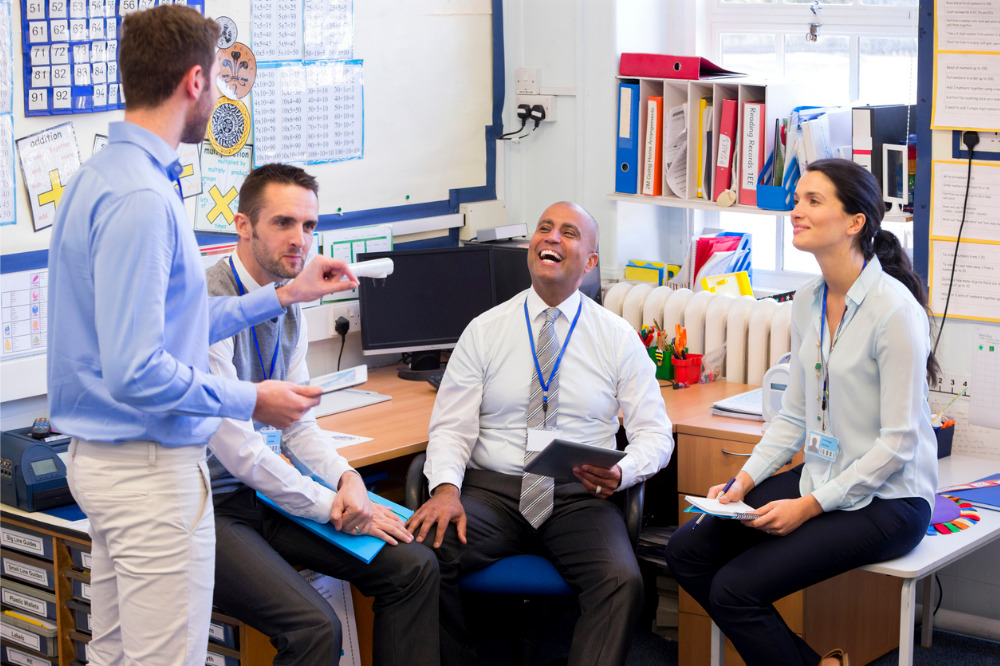
In 2020, the COVID-19 outbreak, and the subsequent move to flexible and remote learning, prompted schools everywhere to reimagine the way education is delivered.
But even before this, many schools were busy rejigging their own teaching and learning frameworks – eager to explore new ways of supporting students and staff.
To many, there is nothing unusual about this – especially when considering that education has been evolving over centuries. Schooling today is not the same as it was a decade ago.
However, as education is based on carefully conducted peer-reviewed studies about what works in the classroom, some question why so many schools are developing their own teaching and learning frameworks rather implementing ones developed over many years by researchers.
Dr David Roy is a senior lecturer at the University of Newcastle who works closely alongside education policymakers, teacher training groups and advocates for children with a disability.
Having been a judge for the Australian Education Awards every year since its inception in 2018, Dr Roy has noticed something perplexing in many of the submissions he has received.
One issue that has vexed the academic is that of schools, predominantly those in the independent sector, “putting their own spin” on research that has been compiled over the course of a decade.
The aim of this, he says, is to create a teaching and learning framework of their own. The problem with this, he says, is that their choices appear to be based more on anecdotal experience than empirical evidence.
“Many schools do use empirical evidence to support what they’re doing, but why do they feel that they have a greater expertise than those who have spent years becoming experts in these very areas,” Dr Roy told The Educator.
“I worry that some of those teaching and learning frameworks might not be as successful in the long-term, because they can sometimes reinforce systems that are already in place. If you feel you need a new teaching and learning framework, it means you want to improve the existing systems in place”.
Dr Roy said he would like to see more evidence on why schools are transforming their teaching and learning frameworks, not just what is being done.
“When I say evidence, I’m not just referring to the impact on students within the community but the research that based the initial movement to undertake some form of innovation,” he said.
“Unless this innovation originated from scratch within the school – something that does sometimes happen but is very unusual – it’s important to see where their research base is from, and a variety of sources that is evidential and not just from one ideological perspective”.
Dr Roy said schools that really stand out to me are those which are self-critical.
“Schools that continually asking, ‘is this the only research?’ and ‘how we apply it?’ This is what is interesting to me,” he said.
“It’s not just about creating a teaching and learning framework, but how they will apply that framework, which might already have been developed by someone else, in practice for their community”.
Dr Roy said this is where schools are sometimes getting stuck.
“They feel the need to create the framework, not necessarily evaluate the implementation of a framework to the fullest extent”.


